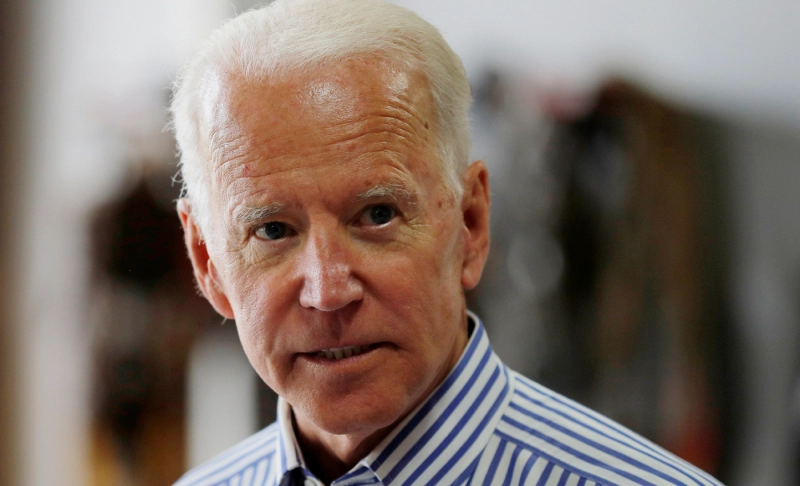By: Ilma Hasan
September 17 2020

As number of uninsured Americans rises under Trump, complete overturning of Affordable Care Act could cost 20 million people to lose coverage
As number of uninsured Americans rises under Trump, complete overturning of Affordable Care Act could cost 20 million people to lose coveragePassed under President Donald Trump’s predecessor Barack Obama, the Affordable Care Act made giant leaps in getting nearly 20 million uninsured non-elderly Americans, particularly vulnerable demographics, insurance between 2010 to 2016, according to an analysis by Kaiser Health News. One of Trump’s biggest electoral promises was to overturn the Act. Earlier this year, sticking to its promise, the administration went to the Supreme Court seeking its repulsion on grounds that it was unconstitutional. The government argues that the Republican-controlled Congress had rendered the law unconstitutional when it zeroed out the tax penalty for not buying insurance in 2017. Although complete repealing of the Affordable Care Act is unlikely to happen according to Vox’s Ian Millhiser, if it does, it would increase uninsured people by approximately 20 million. The numbers could go higher than 23 million, according to Speaker Nancy Pelosi. Under two terms served by Obama, coverage for low-income individuals had spiked, but since Trump took office, there has been a decline in the number of insured Americans. As millions of people enrolled in new coverage options under the Act, the uninsured rate dropped to its lowest level from 2013 to 2016. Despite efforts to alter the availability and affordability of coverage, the uninsured rate increased in 2017 and 2018. Since 2016, when the number of uninsured Americans reached historic lows, the number of people who lack health coverage has grown by 1.2 million, according to Kaiser Health News. The number of uninsured children grew by over 100,000 in the first two years of Trump taking office. “The number of uninsured people would increase by approximately 20 million, or 65 percent nationally, the increases in uninsurance would be most heavily concentrated among people with the lowest incomes,” states an Urban Institute report. Young adults, families with at least one full-time worker, low income households and residents of the South and West had benefited the largest gains in insurance coverage under the Act, according to the Urban Institute. Overturning it would hit these demographics the hardest, increasing uninsured numbers by 92 percent across the 34 states that have also implemented the Act’s Medicaid expansion.